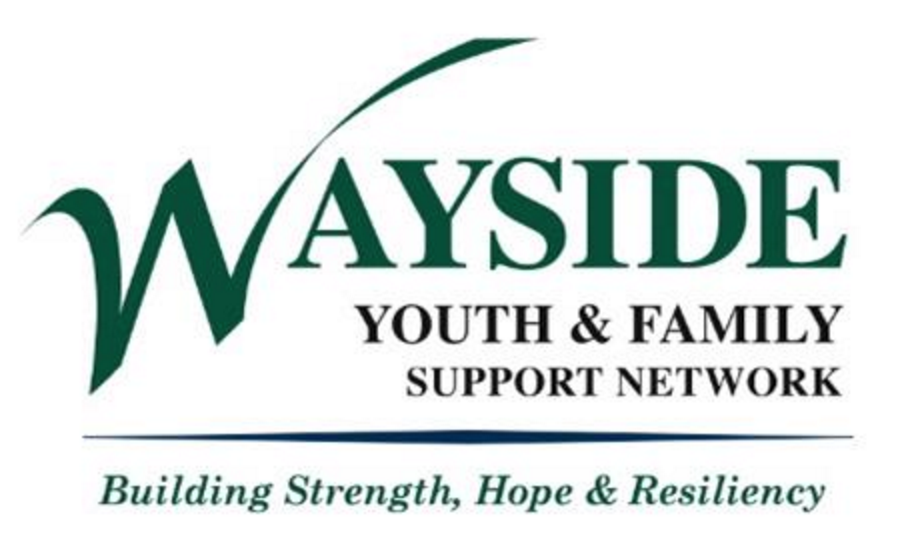
Find out how to tell the difference between normal teen problems and something that could turn into a serious mental health problem through the Youth Mental First Aid training provided by the Wayside Multi-Service Center in Watertown.
Wayside, a program of the Wayside Youth and Family Support Network, will provide training to parents, relatives, teachers, and others who work or spend time with teens. The funding for the trainings comes from SAMHSA (The Substance Abuse and Mental Health Services Administration) a part of the U.S. Department of Health and Human Services.
The training lasts eight hours, during which participants will learn the risk factors and symptoms of mental health problems in adolescents and teens, said Stephanie Sunderland-Ramsey, Prevention Program coordinator for the Wayside Multi-Service Center who leads some of the trainings.
Some mental health challenges which adolescents commonly face include anxiety, depression, psychosis, eating disorders, AD/HD, disruptive behavior disorders and substance use disorder. Participants will learn a five step action plan, known by the acronym ALGEE.
- Assess for risk of suicide or harm
- Listen non-judgmentally
- Give reassurances and information
- Encourage appropriate professional help
- Encourage self-help and other support strategies
The training is not stressful, Sunderland-Ramsey said, and people who go through the training will not be expected to diagnose problems.
“What the eight hours gets you is basic understanding of mental health disorders and five steps to use if you are going to intervene,” said Sunderland-Ramsey. “Intervening is not for everybody. Ask yourself, am I the right person to help? If not, find somebody who can help.”
The hope is someone who has gone through the training will be able to catch a problem before it becomes a serious mental health disorder.
“It is about being there for someone in their time of need,” Sunderland-Ramsey said. “They might be going through a time of stress or they might be experiencing the start of a mental health crisis.”
Another goal of the program is to remove the stigma of mental health, Sunderland-Ramsey said.
“It is not something to be ashamed of,” Sunderland-Ramsey said. “A lot of us are afraid of it, and we don’t understand it so we avoid it.”
The next training is scheduled for Feb. 22 and 23 from 10 a.m.-2 p.m. each day at the Watertown Police Station’s Community Room, 552 Main St. in Watertown.
Once you go through training, you will be certified, similar to getting CPR certification. The certification lasts three years, and then people will have to be re-certified.
The SAMHSA grant grant lasts three years and is a joint program between Watertown, Waltham, Belmont and Brookline. There will be 12 trainings given each year with a limit of 30 students per training given during the three years of the grant. To sign up, call Stephanie Sunderland-Ramsey at 617-926-3600 ext. 311.